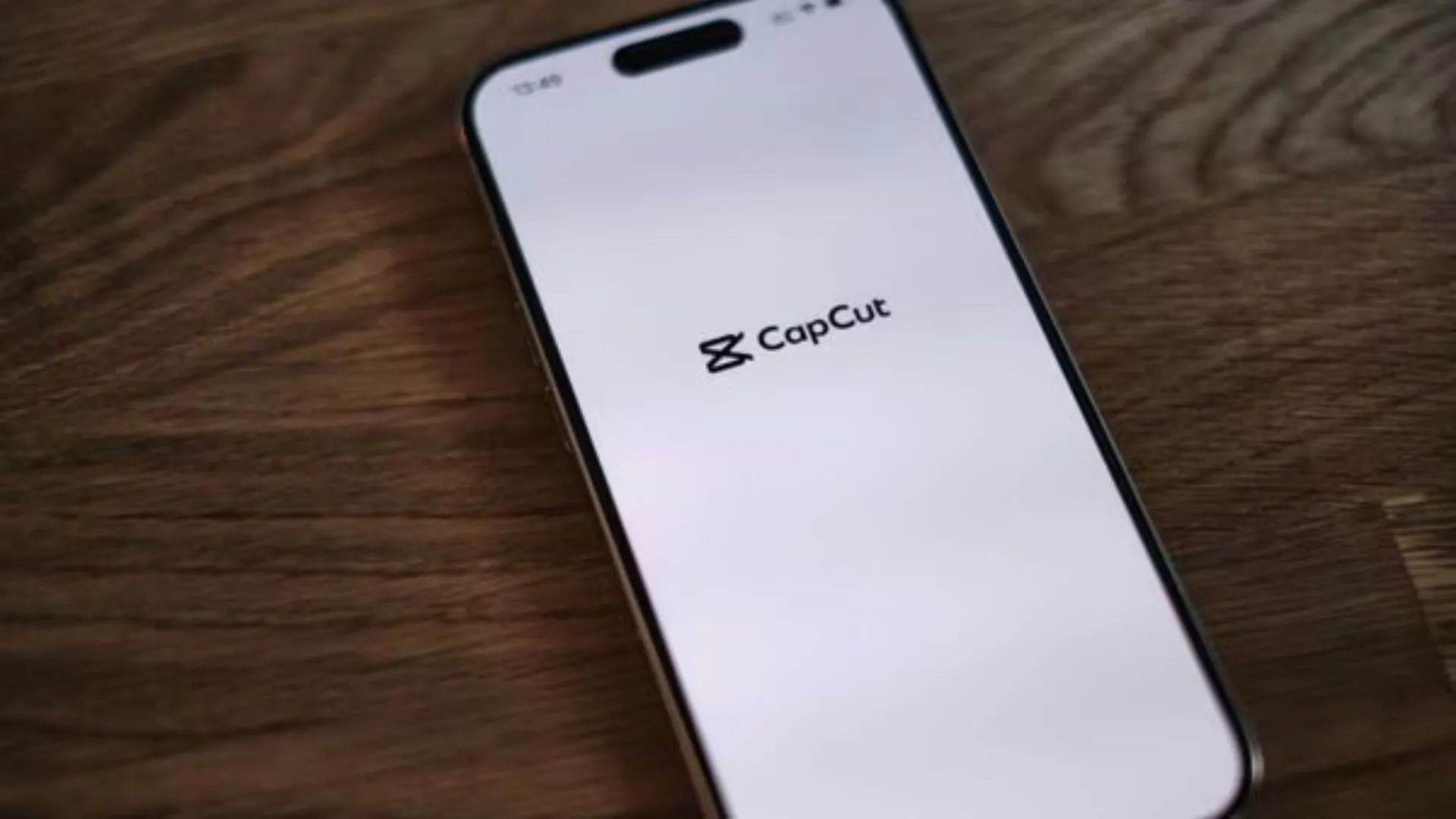CapCut Banned in the U.S.: What This Means for Creators
In a significant move that has sent shockwaves through the content creation community, CapCut, the popular video editing app owned by ByteDance, has been banned in the United States. The decision comes as part of a broader crackdown on Chinese-owned technology applications, raising critical questions about digital privacy, national security, and the future of content creation.
The Background of the Ban
The U.S. government has taken a decisive stance against CapCut, citing substantial national security concerns related to its Chinese ownership. This ban is not an isolated incident but part of a comprehensive effort to address potential data privacy risks associated with applications developed by Chinese companies.
Key Points of the Ban:
- Effective Date: January 19, 2025
- Primary Reason: National security and data privacy concerns
- Scope: Removal from app stores and cessation of updates
Impact on Content Creators
Creators who have relied heavily on CapCut’s user-friendly interface and advanced editing tools will face significant challenges. The ban means that:
- Existing users will no longer receive app updates
- New users cannot download the application
- Advanced editing features will become increasingly limited over time
“This ban represents more than just a technical restriction; it’s a fundamental shift in how we think about digital content creation,” says tech analyst Maria Rodriguez.
Alternatives and Adaptation
Content creators will need to quickly pivot and explore alternative video editing platforms. Some potential options include:
- Adobe Premiere Rush
- InShot
- FilmoraGo
- KineMaster
Broader Technological Implications
The CapCut ban is symptomatic of larger geopolitical tensions between the United States and China. It underscores the growing scrutiny of technology applications and their potential national security implications.
Potential Consequences:
- Increased regulation of foreign-owned tech applications
- Disruption in the content creation ecosystem
- Potential innovation in domestic video editing platforms
Legal and Regulatory Landscape
ByteDance faces significant legal challenges in response to the ban. The company may pursue legal avenues to challenge the decision, which could set important precedents for future app regulations.
User Considerations
For current CapCut users, the recommendations include:
- Backup existing projects
- Explore alternative editing platforms
- Stay informed about potential legal developments
The Broader Context
This ban is part of a larger narrative involving TikTok and other Chinese-owned applications. The U.S. government continues to express concerns about potential data access by foreign governments.
Looking Forward
The content creation landscape is rapidly evolving. While the CapCut ban presents immediate challenges, it also opens opportunities for innovation and alternative platforms to emerge.
Conclusion
The CapCut ban represents a significant moment in the intersection of technology, national security, and content creation. Creators must remain adaptable, innovative, and informed as the digital landscape continues to transform.
Disclaimer: This article is based on current information and may be subject to change as legal and regulatory developments unfold.
Stay informed, stay creative.






Leave a Comment